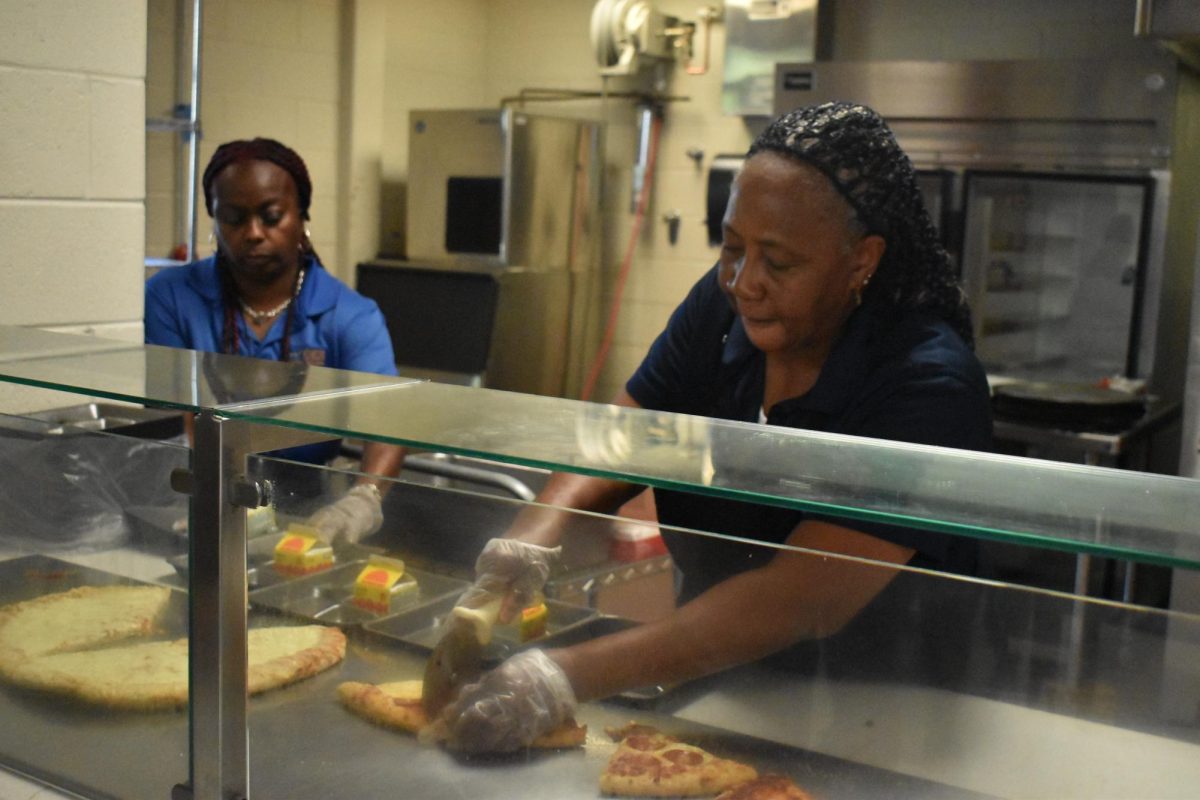Atlanta Public Schools is increasing the number of schools involved in the Community Eligibility Provision (CEP), which provides free school meals for students and eliminates the need for meal applications for schools.
“Everything that we do is bigger than just doing breakfast and lunch,” Eric Bankhead, APS nutrition director, said. “At the end of the day, it’s about educating kids; so, any way that we can jump in there to help, we do. And we know that it starts with a nutritious meal. It’s proven that whenever you put the CEP program in, you get more students participating in the schools.”
Bankhead believes the CEP offerings don’t just alleviate pressures on families, but they also reduce administrative tasks for schools, especially by eliminating the need for applications.
“[The CEP] helps the child financially and it helps the school because it’s less administrative work,” Bankhead said. “It’s always a struggle trying to get parents to give out personal information. They’re on the fence about putting their income down, telling strangers how many kids they have in their house. So, I think it’s a huge advantage for families where you can get kids fed, and it’s not impacting a parent being hesitant to fill out a Free and Reduced application. I think that’s the huge advantage to a school district outside of feeding kids.”
CEP is not implemented in all APS schools, and administrators said they have focused on an equitable rollout thus far.
“Typically, we look at schools that are based on at least 40 percent of the students being certified for free meals through other means like direct certification and the food stamp program,” Bankhead said. “Once we find those schools, we then start the process.”
Quality nutrition is one of the many things humans need to live a healthy life. School psychologist Dr. David Hosking believes that food access should be a school priority to minimize health consequences.
“Calories do a job of settling us, and they give us the ability to attend and stay on point with what we’re doing,” Dr. Hosking said. “Nutrition cognitively supports your ability to think and use all your faculties to the best of your abilities. Where poor nutrition affects you, a lot of times it’s the opposite, particularly if there’s a prolonged chronic pattern of poor access or irregular access to decent food.”
Midtown School Psychology Intern, Maria Gordon, has seen firsthand how the CEP program benefits children in need.
“Students are perceptive,” Gordon said. “They notice who has to pay and who doesn’t. When it’s free for everybody, then those students who are getting their lunch for free are not necessarily singled out as not being able to afford their lunch. It puts everybody on that same equal playing field.”
Beyond social equity, the program also brings positive changes to the school environment.
“I think long-term benefits that I’ve been able to see for one is behavior,” Bankhead said. “When I talk about students being hungry during the school day and its effect on behavior, the data suggests that being full helps with behavioral problems. It makes sense, they can focus on the things that they need to and not just on being hungry, being irritated.”
As CEP continues to prove its value, there are ongoing efforts within APS to expand it to other schools.
“We’re always looking to expand the program because we believe in it,” Bankhead said. “There are not a lot of negatives to the program, but unfortunately, we have to make sure we do it the right way because there is a financial impact.”





















